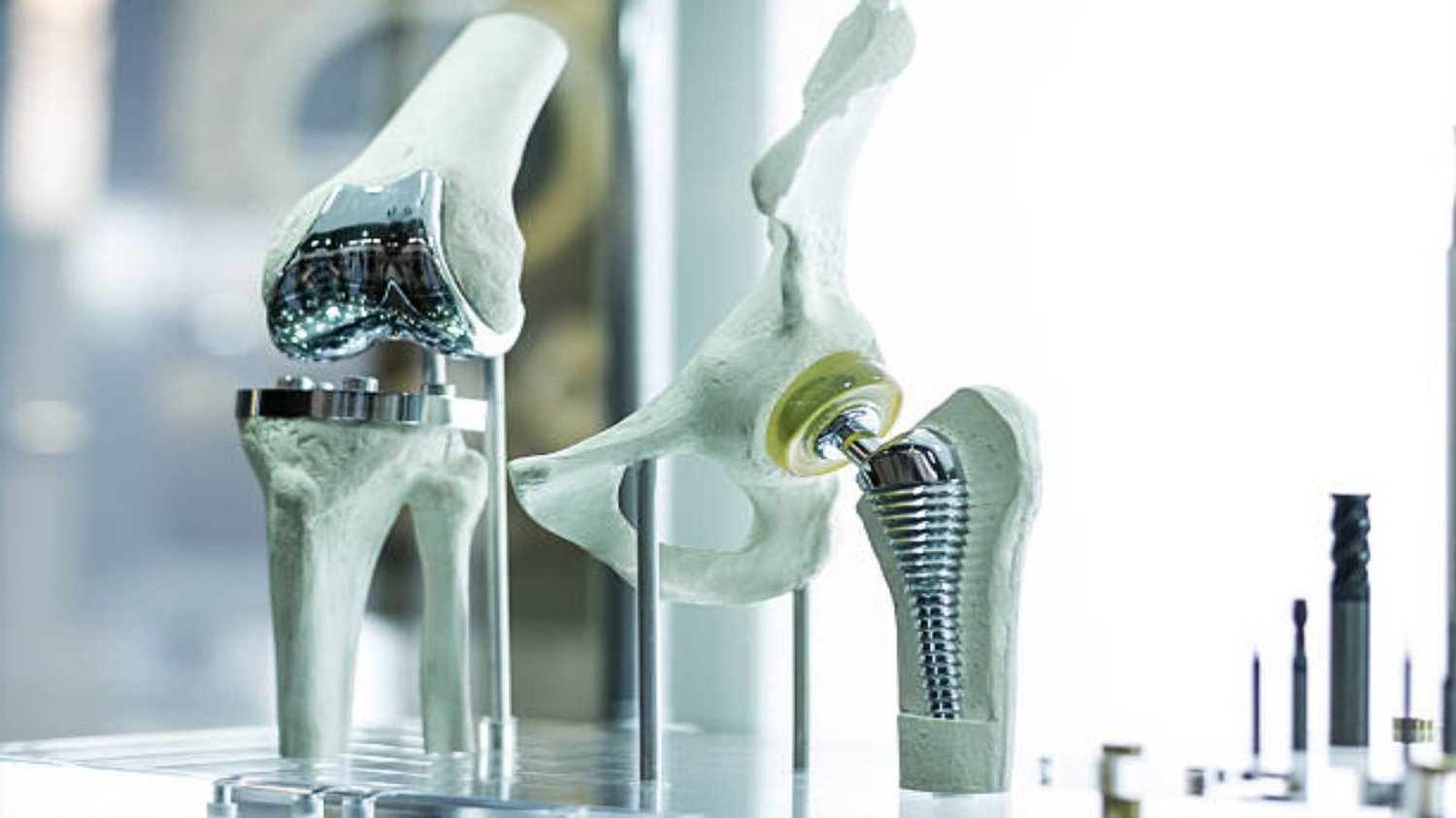Table of Contents

The Benefits of Titanium Plate for Biomedical Implants
When it comes to biomedical implants, the choice of materials is of utmost importance. One material that has gained significant attention and popularity in recent years is titanium. Titanium plate, in particular, offers numerous benefits that make it ideal for use in biomedical implants. In this article, we will explore the various aspects that make titanium plate a preferred choice for such applications.
1. Exceptional Biocompatibility
One of the primary reasons why titanium plate is ideal for biomedical implants is its exceptional biocompatibility. When a foreign material is introduced into the human body, it is crucial that it does not elicit an adverse immune response. Titanium has a unique ability to integrate well with living tissues, reducing the chances of rejection or allergic reactions. This property is vital for the long-term success of biomedical implants.
2. High Strength-to-Weight Ratio
Titanium is renowned for its high strength-to-weight ratio, which is a crucial factor when designing biomedical implants. The lightweight nature of titanium plate allows for the creation of implants that are both strong and durable, without adding unnecessary weight to the body. This is particularly beneficial for implants that need to be placed in load-bearing areas, such as the hips or knees.
3. Corrosion Resistance
Biomedical implants are often exposed to various bodily fluids and environments, which can lead to corrosion over time. Titanium plate exhibits exceptional corrosion resistance, making it highly suitable for long-term implantation. Unlike other metals, titanium forms a protective oxide layer when exposed to oxygen, preventing corrosion and ensuring the longevity of the implant.
4. Excellent Fatigue Strength
Biomedical implants are subjected to repetitive loading and unloading cycles, and it is crucial for the material to have excellent fatigue strength. Titanium plate possesses this quality, allowing it to withstand the stress and strain that implants experience during daily activities. This makes titanium an ideal choice for implants that need to withstand constant movement, such as those used in joint replacements.
5. Low Elastic Modulus
The elastic modulus of a material determines its ability to flex and return to its original shape. Titanium plate has a low elastic modulus, which closely matches that of human bone. This similarity in modulus reduces stress shielding, a phenomenon where the implant absorbs excessive stress, leading to bone resorption. By minimizing stress shielding, titanium plate promotes healthy bone growth and integration.
6. Excellent Imaging Compatibility
Medical imaging techniques, such as X-rays and magnetic resonance imaging (MRI), play a crucial role in diagnosing and monitoring patients with biomedical implants. Titanium plate is highly compatible with these imaging techniques, providing clear and accurate images without causing significant distortion. This compatibility allows healthcare professionals to assess the implant and surrounding tissues effectively.
7. Long-Term Stability
Biomedical implants are designed to be long-lasting, providing stability and functionality for many years. Titanium plate offers exceptional long-term stability, allowing patients to enjoy the benefits of their implants for extended periods. The material's resistance to wear, corrosion, and fatigue ensures that the implant remains functional and reliable, reducing the need for frequent replacements.
8. Ease of Fabrication
Titanium plate is relatively easy to fabricate, making it a popular choice for biomedical implant manufacturing. Its excellent machinability allows for precise shaping and customization, ensuring that the implant fits the patient's specific requirements. The ease of fabrication also contributes to shorter production times, making titanium plate implants more readily available for patients in need.
9. Biologically Inert
When it comes to implant materials, it is crucial to choose substances that are biologically inert, meaning they do not react with bodily fluids or tissues. Titanium plate is considered biologically inert, minimizing the chances of adverse reactions or complications. This inertness also allows for better integration with surrounding tissues, promoting healing and reducing the risk of infection.
10. Established Track Record
Titanium has been extensively used in medical and dental applications for several decades, with a proven track record of success. Its use in biomedical implants has been well-documented, and the material has consistently demonstrated excellent performance and safety. This established track record gives both healthcare professionals and patients confidence in the reliability and efficacy of titanium plate implants.
